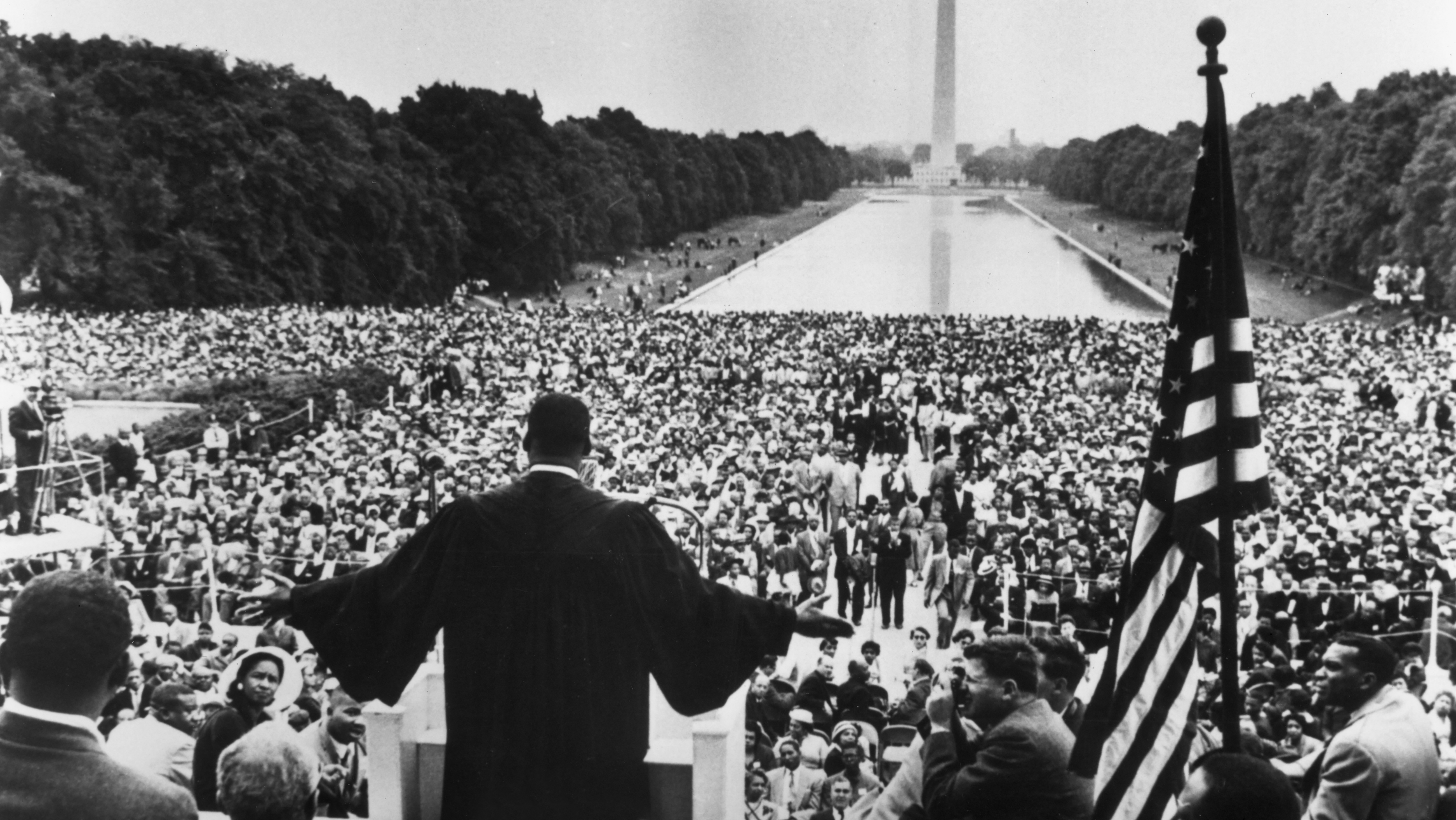MARTIN LUTHER KING JR – CONT’D
In 1959, inspired by Mahatma Gandhi’s success with non-violent activism, King visited Gandhi’s birthplace. The trip profoundly affected him, increasing his commitment to the civil rights struggle in his country.
In the spring of 1963 he organized a demonstration in downtown Birmingham, Alabama. Though entire families were in attendance, police turned dogs and fire hoses on them. The event drew nationwide attention. However, King was personally criticized by the clergy for endangering children. He was jailed with a large number of his supporters.
While in jail, King spelled out his theory: “Nonviolent direct action seeks to create such a crisis and foster such a tension that a community, which has constantly refused to negotiate, is forced to confront the issue.”
“Confront the issue?” Could we too protest the unjust treatment of those living with mental health issues? How good it would be if someone were to take us and our issues seriously!
How good it would be to stand up and tell our stories of being excluded from groups or activities, of not being invited to someone’s table, of being shunned. We need opportunities to tell what it’s like to be hurt by people and have no one believing our complaints. How it feels to be looked down on as though we’re not as human as others. And what it’s like to see no way out but to die.
Back to King’s campaign:
In August 1963, a March on Washington brought more than 200,000 to the Lincoln Memorial. This is where King made his famous “I Have a Dream” speech with his belief that one day all men could be brothers.
I have such a dream too. It’s a dream for people with mental illness to be accepted as brothers and sisters in our communities.
Nelson Mandela once said, “A winner is a dreamer who never gives up.” Do you dare to dream? Do you dare to become a winner?
It will take an undying faith in the Lord our God, through whom all good is possible. Jesus himself said, “With man this is impossible, but with God all things are possible.” (Matt 19:26) We must believe that’s it’s God’s will to work towards such dreams. It’s his work to make things right. Our role is to walk where he leads, speak what he tells us to speak, write what he gives us to write. He gives us the feet, and the voice, and the pen.
As a result of King’s work, there was a strong effect on public opinion, even in the cities where there had been no racial tension. Many began to question the Jim Crow laws that legalized racial segregation. They started questioning the near century of second-class treatment of African American citizens.
This resulted in the passage of the Civil Rights Act in 1964. It also led to King receiving the Nobel Peace Prize that same year.
On April 3, 1968 he gave his final speech, strangely prophetic. He told supporters in Memphis, “I’ve seen the promised land. I may not get there with you. But I want you to know tonight that we, as a people, will get to the promised land.”
The next day, as Martin Luther King Jr. stood on the balcony outside his hotel room, he was assassinated with a sniper’s bullet.
This has been Part 9 of the series A Voice of One Calling. Read Part 10 – Give us a Voice of our Own

Leave a Reply